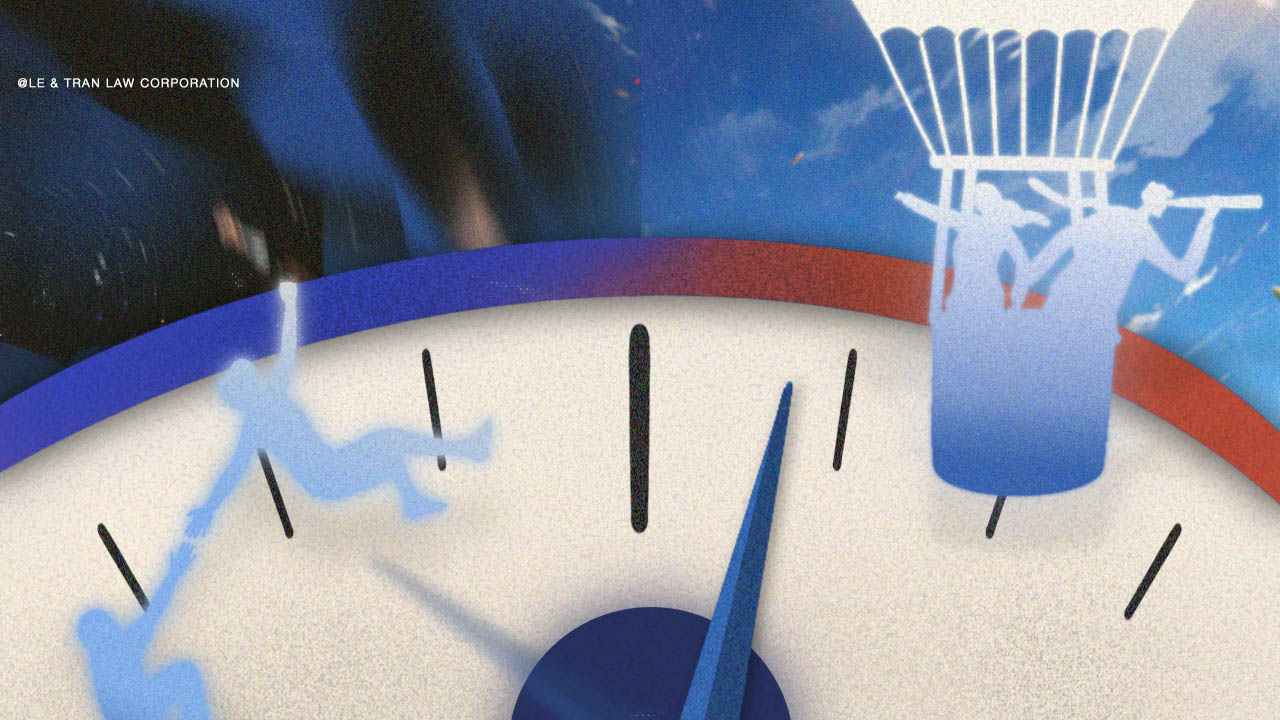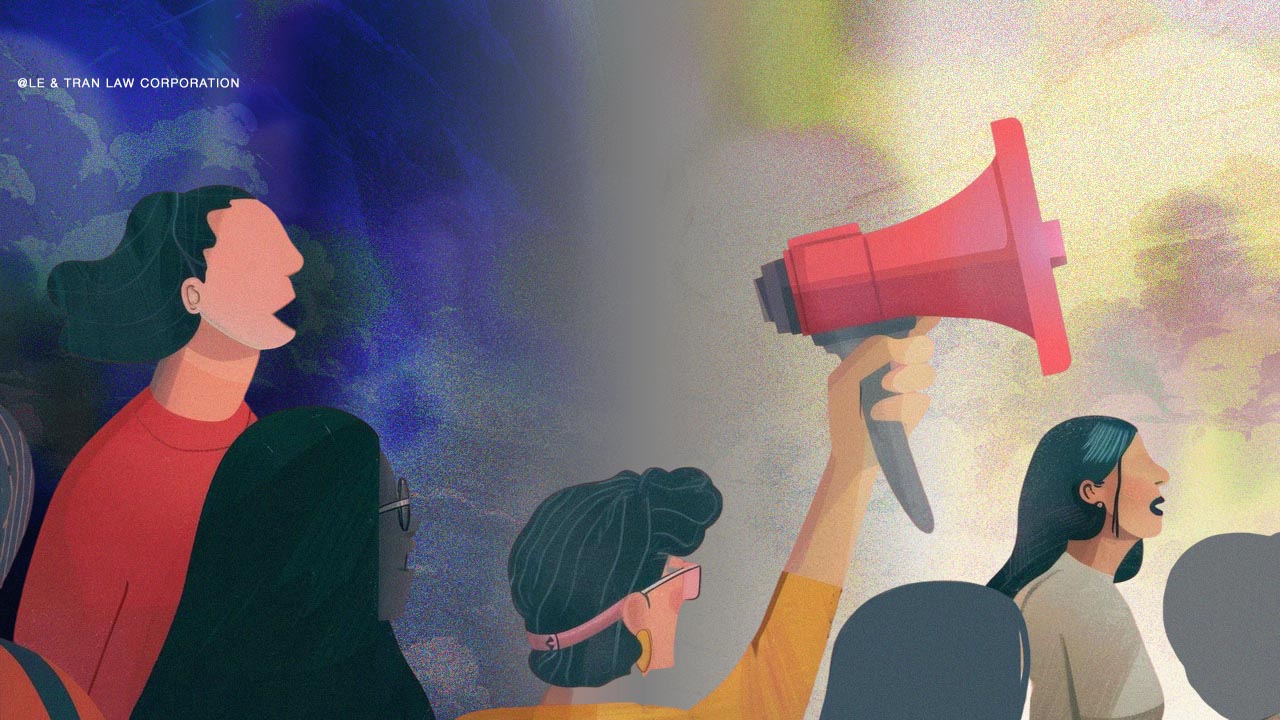Most people think trials happen in courtrooms. You have a judge, lawyers on both sides, a stream of evidence, people interjecting with “objection!”, and then finally a firm verdict.
But in today’s world, many trials begin and sometimes end in the court of public opinion. Evidence comes in the form of a viral tweet, the jury is the comment section (often more brutal than any courtroom panel), and the verdict is delivered long before the actual hearing even begins…then dissected from every angle in podcasts with massive online followings.
Headlines That Fuel Speculation
The flurry of accusations keeps coming and the so-called “evidence” in the form of blurry screenshots or shaky videos come back to haunt. The incident is replayed on a loop and until the narrative takes on a life of its own.
Before anyone has had a chance to investigate, the “story” is already set. And sometimes, that story shapes everything that follows… from how regulators react, to whether shareholders panic, prosecutors press charges, juries form biases, or a business survives the week.
Remember Johnny Depp vs. Amber Heard?
Their defamation trial became one of the most public legal spectacles in recent memory. Millions followed online via TikTok, Reddit, YouTube, analyzing testimony, (even body language) and forming strong opinions.
The public had largely decided the outcome before the final verdict was delivered, and for many, Depp had “won” long in advance. Even when the court issued its mixed ruling, that verdict felt like an afterthought. In fact, I’m certain most can’t even recall the actual verdict!
And then there’s the more recent Sean “Diddy” Combs saga
Earlier this year, Combs faced allegations under the RICO Act for sex trafficking and coercion. Though he was acquitted of the most serious charges, the internet had already cast its verdict. For many, the legal result didn’t change the reputational fallout. He was guilty of all charges full stop.
The Risk of Rushing to Judgment in This Day and Age
In a courtroom, you have rules, such as the right to be heard, the presumption of innocence, standards of proof. In the public arena? None of that applies. Unfortunately, people care more about the drama than the truth.
There’s no cross-examination of a trending hashtag, no rebuttal to a viral comment that took off, and no mechanism to ensure both sides are equally heard. And once a perception takes root, true or not, it’s incredibly hard to undo.
That’s why, for individuals and organisations, public backlash can feel more punishing than the law itself. You might be cleared in court. But still lose your job, your reputation, or your business because the public already made up its mind.
This is a reminder that due process matters. In law, we take time to gather facts, test evidence, and weigh competing claims. It’s how justice is supposed to work.
When “No Comment” No Longer Suffices
So what do we do, as lawyers, when the legal case and the media narrative move at different speeds? It used to be that we’d stay silent. “No comment.” Let the court process run its course. But today, silence can be misread as guilt. Hence, a carefully considered legal strategy needs to be paired with a thoughtful communications strategy.
What This Means for You
Whether you’re a business leader, HR head, or in-house counsel, here’s what to keep in mind: Prepare for both courts: the courtroom, and the internet. Make sure your team is equipped for both. Have your facts ready, and when you do need to speak publicly, let it be anchored in truth and transparency.
The Bottom Line
The law isn’t just about right or wrong, it’s about process, fairness, and it’s about making sure that judgment follows truth. As litigators, we fight for that in court, but increasingly, we also have to navigate the noise outside the courtroom too. Because today, the court of public opinion doesn’t wait for the closing argument, it delivers its own.
Sincerely,









